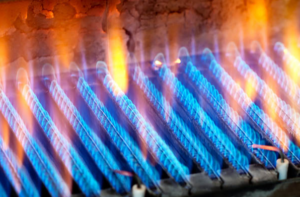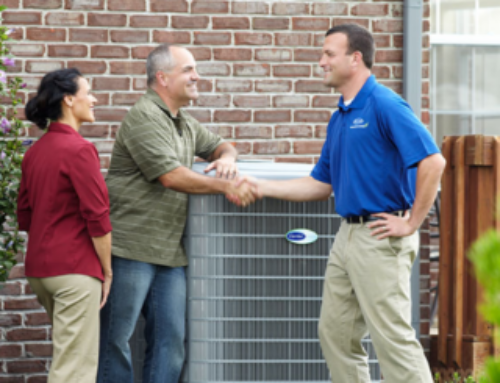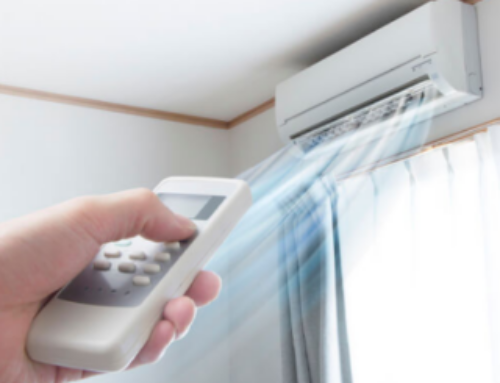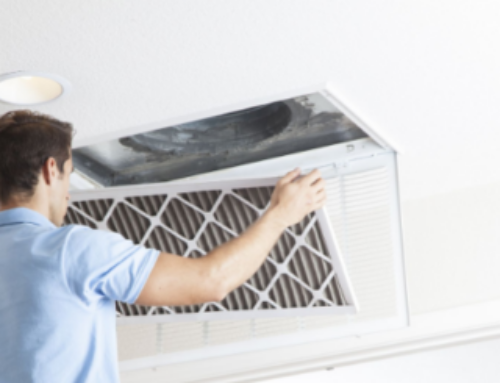Safety Tips for Gas Furnace: Basic Warning Signs
Nothing is better than returning home to a warm house after spending long hours building snowmen, sledding, or shoveling the sidewalks. You should conduct maintenance on your Gas furnaces yearly or hire a professional to perform a yearly inspection to ensure it keeps you warm throughout the fall and winter. Be sure to follow these furnace safety tips so that your unit will continue operating without issue for many years. Here is the Safety Tips for Gas Furnace!
Safety Tips For Gas Furnace
Make sure your Gas furnace is safe to operate year-round by following these tips.
1. Ensure that the equipment is serviced and inspected regularly.
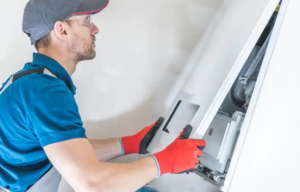
Maintaining your heating system by a professional once per year is best to keep it running efficiently. Ideally, you should perform this service before winter (or before you intend to use your furnace for the first time). As the technician cleans, lubricates, and tightens up the furnace, they will also check for safety issues, such as incomplete combustion and carbon monoxide leaks.
2. Your home should have carbon monoxide detectors.
Whenever fuel burns, it produces carbon monoxide. When your heating system is functioning correctly, carbon monoxide and other fumes vent outside your home, where they cannot cause harm to you. A carbon monoxide detector will alert you if there is a leak, allowing you to leave your residence before becoming poisoned. It is important to remember that carbon monoxide is invisible to sight, smell, or taste.
3. Make sure your furnace is clean before you turn it on.
It’s probably time to give some love to your furnace if it has been sitting idle for several months. The process of sprucing up your furnace for the winter should not take longer than a few minutes. Keeping the room dust-free will prevent fires as well as reduce allergy symptoms.
To clean your furnace safely, follow these tips:
- A damp cloth can remove all dust and buildup around the furnace.
- Ensure that you clean the furnace interior with a vacuum.
- You should check the flame in your furnace. You are good to go if it is blue. Otherwise, if it’s yellow, you should seek professional assistance.
- You should clean your heater at least once a month in the winter to avoid dust bunnies.
4. Replace the furnace filter regularly
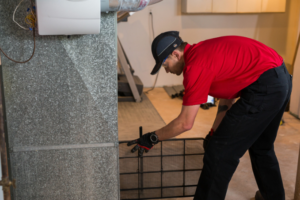
It may be a good idea to change your air filter while cleaning. By maintaining a clean furnace filter, you can ensure that you are breathing clean air. Replace your furnace filter at least once every three months to avoid dust buildup, which could cause fire hazards.
5. Keep items away from the furnace.
Sometimes, you may find your furnace in an area used for storage. Despite this, do not lean anything against it or use it as an additional shelf. There will be a decrease in the efficiency of your furnace if it is overcrowded. In addition, fabric, cardboard, paper, and similar materials may catch fire if the equipment becomes too hot.
6. You should keep your furnace away from flammable materials.
You should avoid keeping anything flammable near your furnace since it contains fire and heat. Many volatile substances are in cleaning solutions, paint, paint thinner, gasoline, oil, acetone, etc. These liquids will ignite if they reach their flashpoint.
Gas Furnace Malfunction Warning Signs
Upon learning these furnace safety tips, you will also need to be aware of some “red flags.” If you notice any of these warning signs, don’t hesitate to contact a professional technician to inspect your heating system.
1. Flames from furnaces have yellow, orange, or green streaks.
You should see a blue flame on your furnace if everything is working correctly. There is also no problem with some yellow at the tips. However, you should take action if you see yellow, orange, or green streaks in the flame.
Off-color flames indicate an imbalance in the ratio of natural gas to oxygen. Even though you own a “gas furnace,” the combustion process involves a combination of natural gas and oxygen. In the absence of enough oxygen or in the presence of too much gas, the gas mixture won’t burn properly.
What is the problem with this? One of the main consequences is that your furnace will not be as warm (or efficient), resulting in a higher operation cost. Your furnace will also produce a more significant amount of soot and carbon monoxide. Dirty burners often cause the problem, but it is also possible that the gas supply has been compromised. Whenever there is an issue involving gas, you should hire a professional.
2. You hear a boom, bang, or pop when you turn the furnace on.
The sound of your furnace turning on and starting up is perfectly normal. You must not hear any bangs, booms, or pops when the equipment is first turned on. If your furnace makes this noise, there is likely a problem with delayed ignition.
What does delayed ignition mean? A blockage prevents the gas in your furnace from igniting immediately. This allows the gas to build up. As soon as it comes in contact with a flame, it ignites, exploding and creating a loud “boom” inside the unit.
Repeated explosions can cause severe damage to your heating system and may require you to replace a significant component. Moreover, if you attempt to relight the pilot light of an older furnace, excess gas may result in a dangerous flash fire.
3. An unpleasant burning smell persists.
Turning on your furnace for the first time in the fall or winter may cause you to smell something burning. You may smell dust burning off the equipment, which is normal and not a cause for concern. However, it is essential to note that something is amiss if the burning smell persists.
A lack of airflow may be causing your system to overheat, so you should replace the air filter first. Shut down your system and consult a professional if that does not resolve the issue.
If I Still Need Help, What Should I Do?
You should call a technician if you see warning signs on your gas furnace. At Gibber Services, we have HVAC technicians with the proper training to diagnose and fix the problem immediately. Contact us today at 901-422-1258 if you need heater repair and services.




